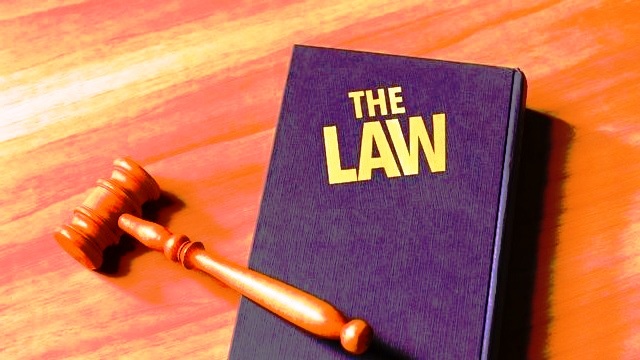Preventive legislation

When law makes an act criminal, the same may have a deterrent effect on those who may have criminal tendencies. However, if the crime has already been committed, punishment by imprisonment or fine, or both, should follow as mandated by law.
Civil law provides that any person who causes damages to another shall indemnify the latter for the same. However, if injury has already occurred, all the law can do is grant the injured party a remedy to recover monetary and other reliefs from the person causing such injury.
States today are increasingly using criminal law or criminal law‐like tools to try to prevent or reduce the risk of anticipated future harm. Such measures include criminalizing conduct at an early stage in order to allow authorities to intervene; incapacitating suspected future wrongdoers; and imposing extended or indefinite sentences on past wrongdoers on the basis of their predicted future conduct—all in the name of public protection and security. The chief justification for the state’s use of coercion is protecting the public from harm. Although the rationales and justifications of state punishment have been explored extensively, the scope, limits, and principles of preventive justice have attracted little doctrinal or conceptual analysis. www.oxfordscholarship.com/view/10.1093/acprof:oso/9780198712527.001.0001/acprof-9780198712527.
The trend is to create laws that prevent the injury from happening. Prevention is a major purpose of licensing statutes. It is clearly preferable to assure in advance, by licensing, the competence of airplane pilots than to let anybody fly a plane and punish a negligent pilot after a terrible accident. Licensing is both one of the most burdensome and one of the most effective forms of regulation. (De Leon, 2010)The Labor Code gives the Secretary of Labor the power to inspect employer's premises and issue compliance orders. (Article 128) This way, issues on wages and working conditions can be nipped in the bud before blossoming into actual labor disputes.
The Securities and Exchange Commission (SEC) administers the requirement that issuers of securities tell the whole truth in advance, in preference to leaving purchasers to their limited action at law against the sellers who made false statements about the securities. (De Leon, 2010)
The Maritime Industry Authority (MARINA) makes it possible for reasonable freight and passenger rates to be fixed in advance, instead of leaving shippers and passengers to undergo the expense of suing the ship owner to recover the difference between the rate charged and a reasonable rate. (De Leon, 2010)
Republic Act No. 9175 regulates the use, manufacture, importation and ownership of chainsaws in the Philippines. The Department of Environment and Natural Resources (DENR) is authorized to issue permits to possess and/or use a chainsaw for the felling and/or cutting of trees, timber and other forest or agro-forest products to any applicant. (Section 5 thereof) Chaisaws shall only be sold and/or imported by manufacturers, dealers and/or private owners who are duly authorized by the Department.



